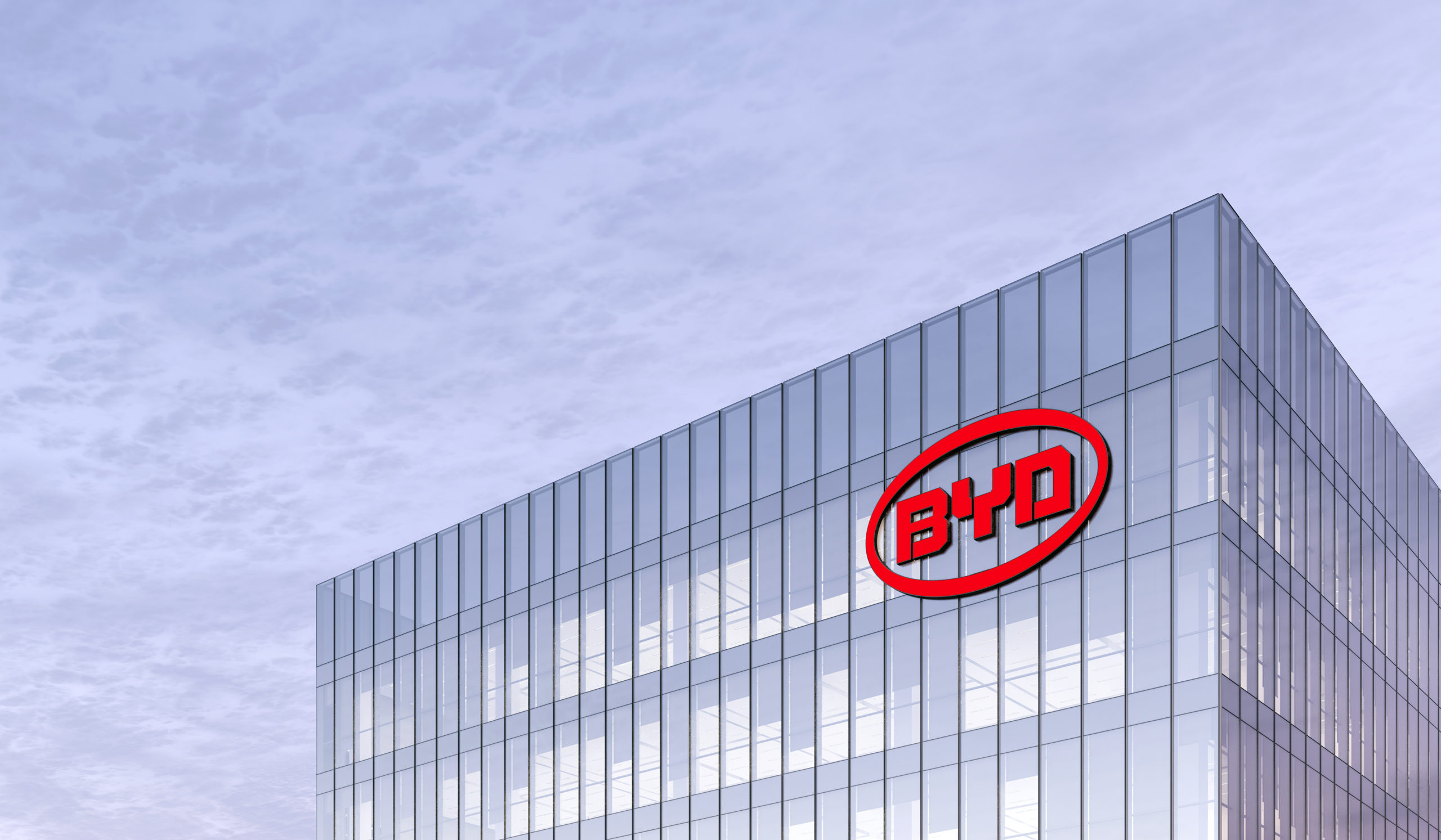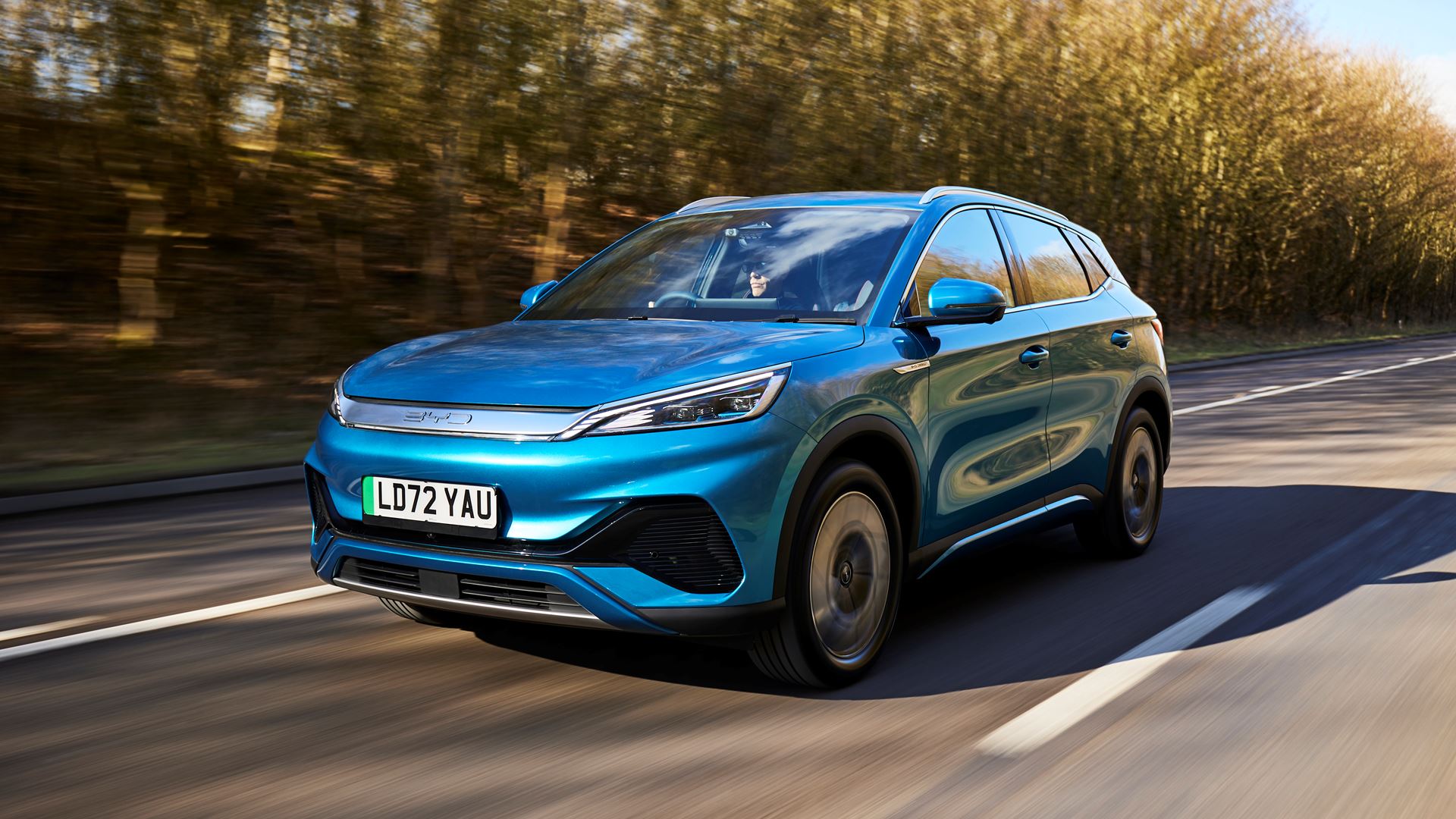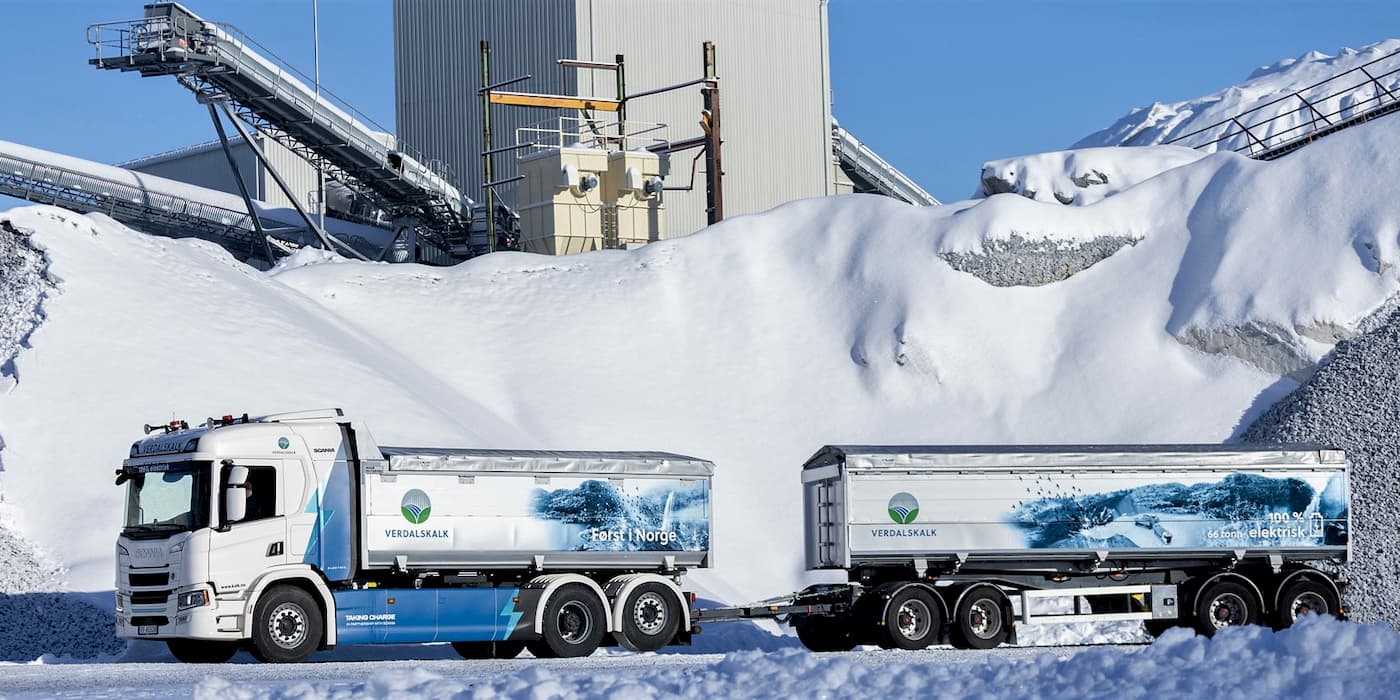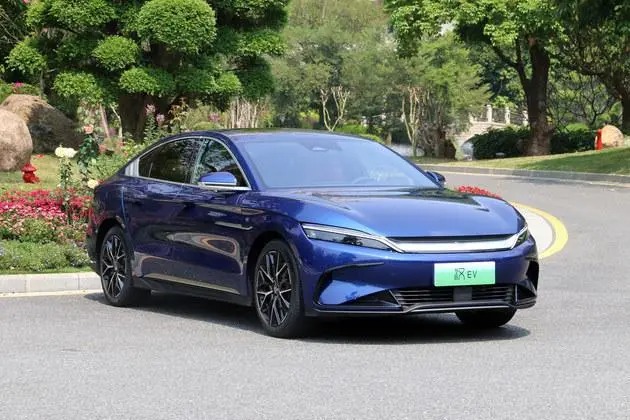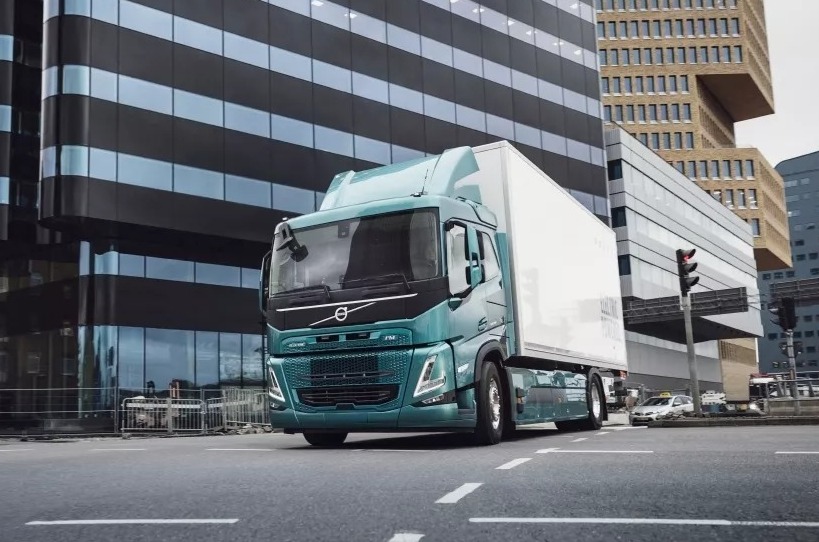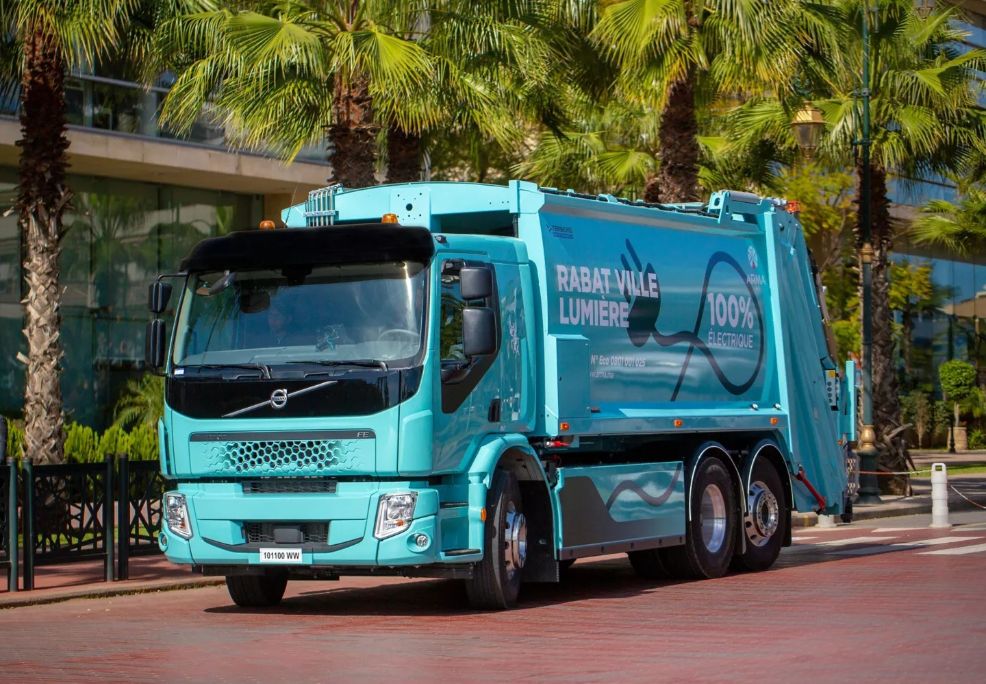Chinese electric vehicle manufacturer BYD is set to make a major push into the battery-electric commercial vehicle market, according to a recent report by the Wall Street Journal. Over the next three years, BYD plans to introduce a series of new BEV commercial vehicle models in markets such as China, Europe, and Japan.
The company has set a budget of more than $20 billion for its commercial vehicle division through 2025, with a significant portion of spending planned on research, product development, and expanding production capacity.
See also: BYD Plans Acquisition of Seized Insurer for EV Insurance Business
BYD’s decision to focus exclusively on battery-electric commercial vehicles is an important one, as it places the company among a growing number of commercial vehicle manufacturers who are turning to batteries for long-distance transport. This includes the Volkswagen subsidiary Traton, which also relies on batteries for its heavy vehicles, rather than fuel cells. Other manufacturers, such as Daimler Truck and the Volvo Group, have opted for fuel cells, which are lighter and have less impact on vehicle payload.
BYD is confident that its in-house Blade battery technology will be able to solve the problem of long-range transport for heavy commercial vehicles. The company has already launched its first battery-electric commercial vehicles outside of the bus segment, selling 2,774 vehicles in January and February alone. These sales were not broken down by vehicle type, but the company’s website now lists a range of commercial vehicles, including vans, trucks, cement mixers, and sweepers.
See also: BYD debuted its bus chassis technology platform using Blade Battery
While China remains a key market for BYD, the company also has its sights set on expanding globally. Its existing commercial vehicle plants in countries such as Brazil, Hungary, and India could potentially produce more e-vehicles for Europe. However, the United States is not currently a focus for BYD’s commercial vehicle plans due to geopolitical tensions between the two countries.
Despite this, BYD’s Lancaster, California factory has been operational since 2014, and the company delivers up to 1,500 vehicles per year to the US and Canada. BYD spokespersons declined to comment on the Wall Street Journal report, but insiders familiar with the company’s plans say that they expect sales of commercial vehicles in China to recover quickly after the lifting of Covid-19 measures. As the world continues to shift towards electric vehicles, BYD’s focus on battery-electric commercial vehicles could put the company ahead of the curve in this rapidly growing market.

